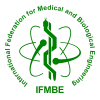
The IFMBE OpenData is a repository of medical research data acquired both in controlled as well as in non-controlled trials that is made freely available to the research community. This data has been used in past scientific challenges promoted inside IFMBE sponsored conferences.
Call for partners: Do you want to sponsor a Scientific Challenge with your research data? Contact us: email to [email protected] / [email protected]
Open Scientific Challenges
Challenge @ NBC 2025 & PCBBE 2025
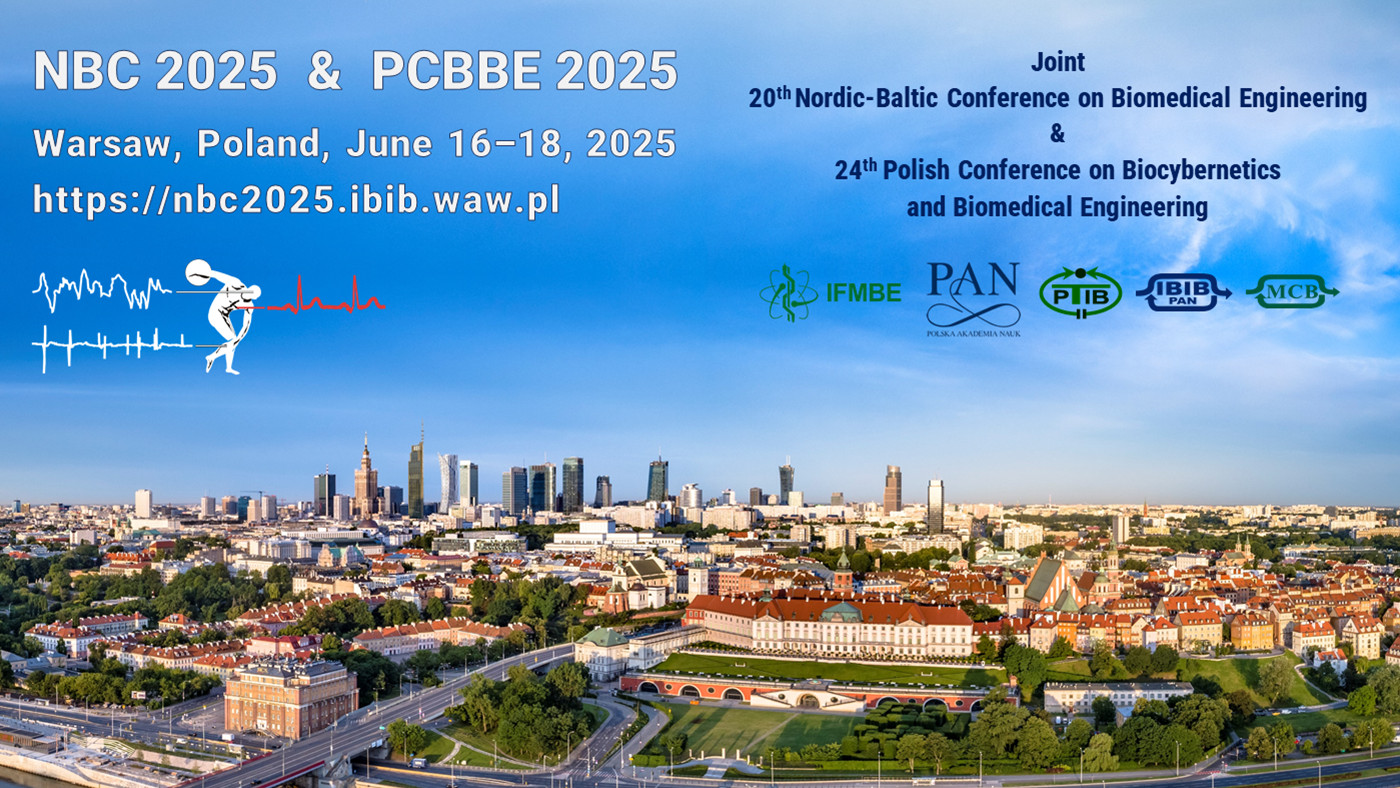
Welcome to the IFMBE Scientific Challenge Competition of the Joint 20th Nordic-Baltic Conference on Biomedical Engineering and
24th Polish Conference on Biocybernetics and Biomedical Engineering (NBC 2025 & PCBBE 2025). taking place from June 16-18, 2025 in the vibrant and historic city of Warsaw, Poland.
Segmentation of Wounds and Markers in Focus
The participants of the current Scientific Challenge are asked to show a model for image segmentation able to distinguish wounds and linear scale markers from the background.
Past Scientific Challenges
Challenge @ ICBHI 2024

Call for participation in the IFMBE Scientific Challenge at EMBEC2024 organized by the Digital Health Division. In this edition of the IFMBE Scientific Challenge, the goal is to identify emotions encoded in brain images and physiological data.
Challenge @ EMBEC 2024

Open Databases for Research

Respiratory sound database
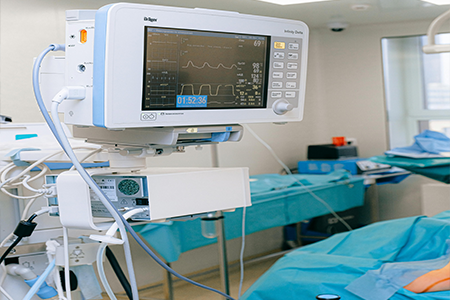
Systolic time intervals database

BCIAUT-P300: P300-based Brain Computer Interface database

Adherence in Active and Healthy Ageing database
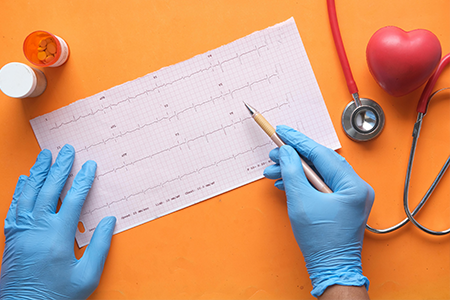
Falls database

Ballistocardiogram database

Electroporation database
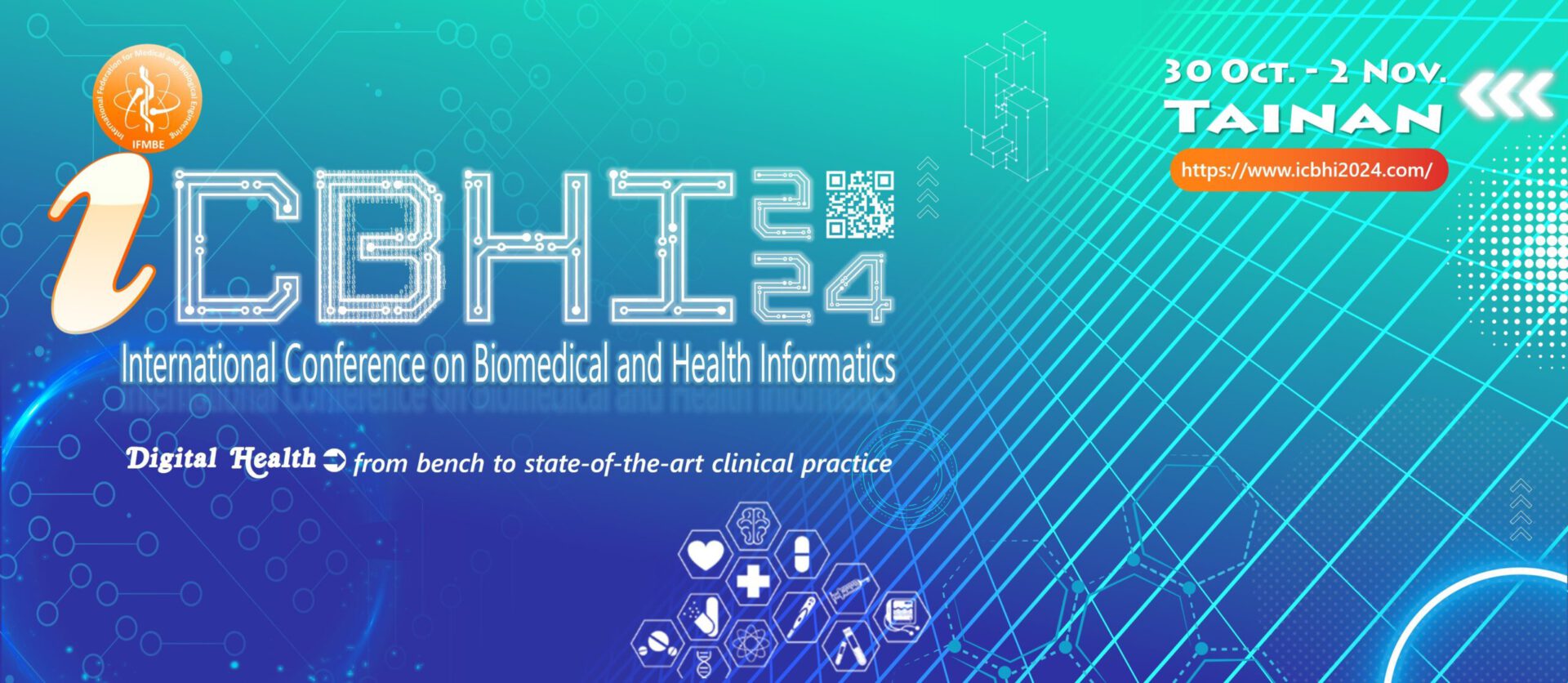
Mind-Reading Emotions
Support documents

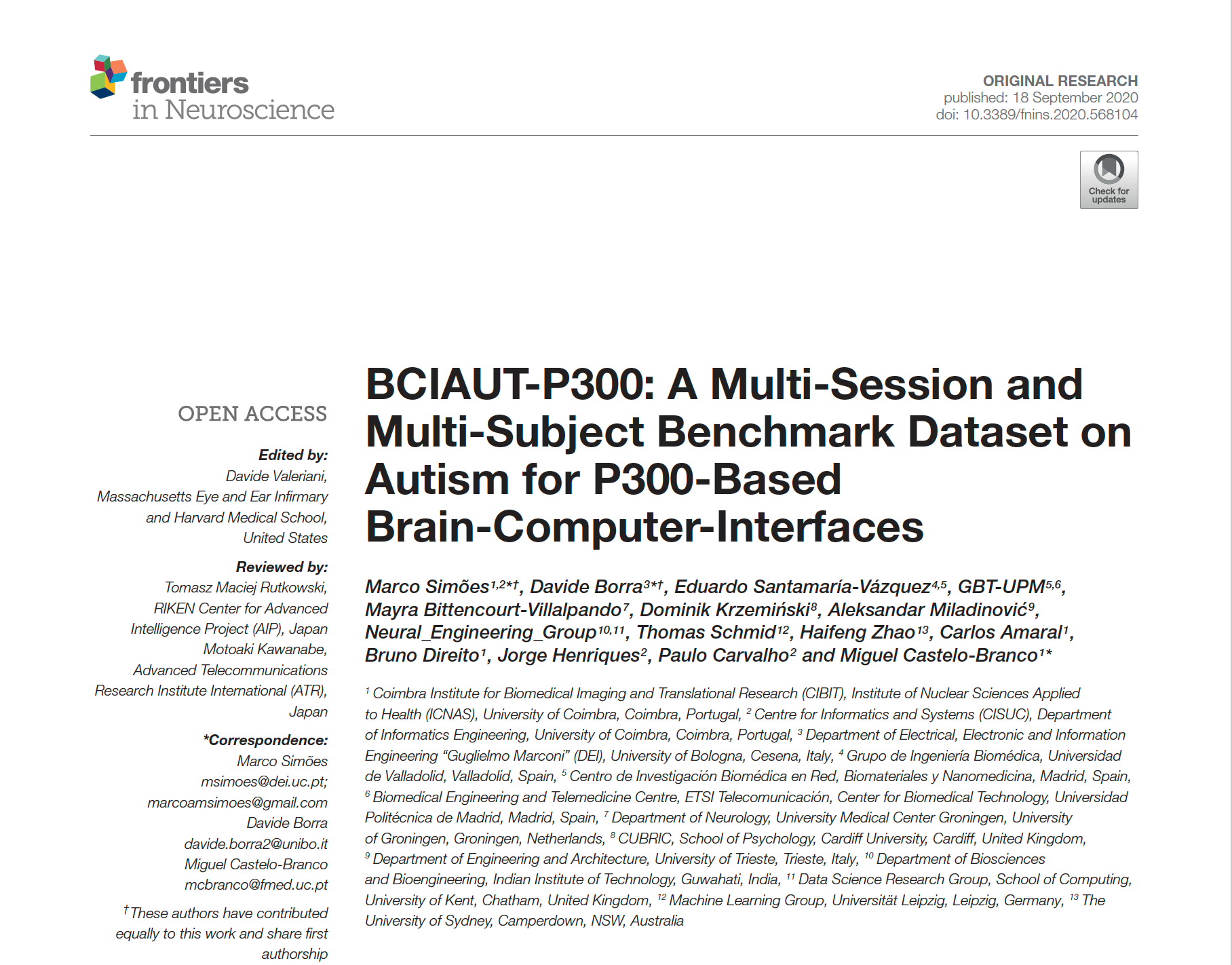
Conference Proceedings
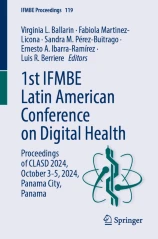
1st IFMBE Latin American Conference on Digital Health
Proceedings of CLASD 2024, October 3-5, 2024, Panama City, Panama
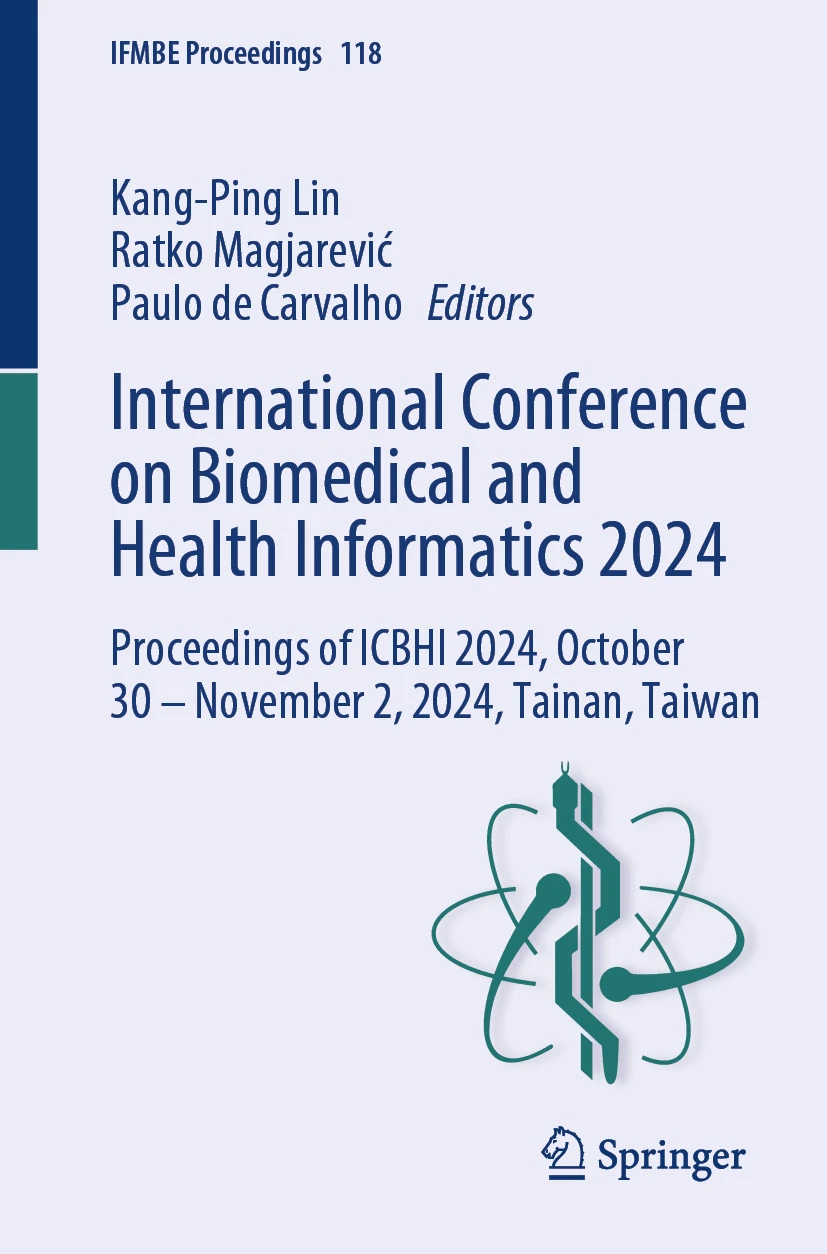
International Conference on Biomedical and Health Informatics 2024
Proceedings of ICBHI 2024, October 30 – November 2, 2024, Tainan, Taiwan
Featured Resources
The database consists of a total of 5.5 hours of recordings containing 6898 respiratory cycles, of which 1864 contain crackles, 886 contain wheezes, and 506 contain both crackles and wheezes, in 920 annotated audio samples from 126 subjects.
